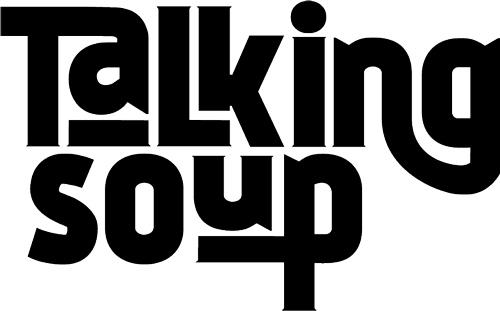My fascination with language comes from the variety of expression it permits.
From the flowing prose of a Nobel prize-winning laureate to the quaint vernacular of my grandfather, language offers infinite capacity for nuance, and individuality. Accents, sentence structure and inflection all contribute to a rich canvas of linguistic possibility where meaning can shift, and a gamut of emotions can be derived from a single word, sentence or chapter depending on intonation or context amongst other factors. Furthermore, words can be interpreted differently by different people or at different times. New words emerge every year, while older words return to common use (usually among the young) under the guise of another definition or association. All of what I’ve mentioned and more is the glorious possibility of language.
Football too has a capacity for remarkable variation. The rules of the game itself facilitate this. Unlike many other sports, the ball can move freely sideways, backwards, forwards, and at any angle diagonally. It can travel great distances or no distance at all depending on the will (and competence) of the player. There are no limits, or shot clocks, no particular way of playing, only trends and counter-trends, ideas and counter-ideas. Each touch of the ball adds another stroke to an imperfect masterpiece, not always dissimilar from what has come before it or what may follow in the future, but always different and always changing.
Language and football also suffer from similar age-old crises of identity and purpose.
Surely language is not merely and exclusively a means of communication. Surely it serves more than a functional, communicative role. Words make us feel. Language, like football, can entertain, amuse, sadden, cheer, provoke, delight and enrage. Words, or touches of the ball in football, create patterns (some rudimentary, others beautifully intricate), each one altering what follows. They are consequential.
By the same token, can we say with any certainty that there is more to football than just winning, losing and drawing? Certainly, in the professional game you have conflicting ideas perhaps best epitomised by Argentine football, a nation in which, more than any other, there are two opposing schools which divide the native footballing fraternity more or less down the middle, a sporting, (but also political) ideological debate now decades old about style, and with no clear resolution. World Cups have been won and lost, blame has been apportioned and credit taken, stylistic changes implemented then consigned to the backburner only to subsequently return after more vacillation, yet still Argentina continues to wrestle with its footballing conscience.
For some, winning is the absolute aim, an objective to be achieved at any cost. For others, less quantifiable entities like style of play, attitude, behavioural rectitude and the concept of the ‘right way’ are key tenets in the pursuit of victory. To the more radical, a victory achieved without exemplifying these principles is worse than a defeat where they are clearly demonstrated. There is something more significant, perhaps more incorruptibly satisfying to be garnered from football than only the glory of victory or the anguish of defeat.
Functionality vs style, financial reward vs professional happiness, loyalty vs success, individuality vs team dynamic, competition vs fun – these are questions and conflicts which we face in our lives every day to varying degrees, and it is these moral dilemmas which football tacitly makes you consider.
To me, both language and football can give sensory pleasure to the ears and eyes respectively. When I hear a well-composed sentence, it evokes an appreciation of something far beyond the successful exchange of information. Equally, for an impartial observer in football, a crisply struck shot finding the top corner is of far more sensory merit than a deflected, scrappy effort sliding its way into the net, though there is no difference in terms of reward. Football is full of peculiarities. To compare, the deflected shot is a hastily scribbled shopping list on the back of a receipt, while the arrowing drive into the top corner represents flowing prose scribed with a quill on the finest writing paper.
From the celebrated coffee house discussions of ‘the beautiful game’ in 1930s Vienna to the online fan forums of the present day, football has always been discussed liberally and in terms often entirely pertaining to that sport. It has its own linguistic identity, its own dialect.
Language, and in particular, the English language (since that is the one I know best) can be elegant or clumsy, substantial or meaningless, hyperbolic or reasonable, traditional or neoteric, and go from one to the other in a frantic split-second. Football shares all of these qualities. Perhaps that’s why I’m so fond of them both.
Cover image courtesy of Gustavo Peres via Flickr
Like this? Read some football derby day stories here
Alex Ford writes about sports and whatever takes his fancy from his home in Barcelona. Read more by clicking the link below.








